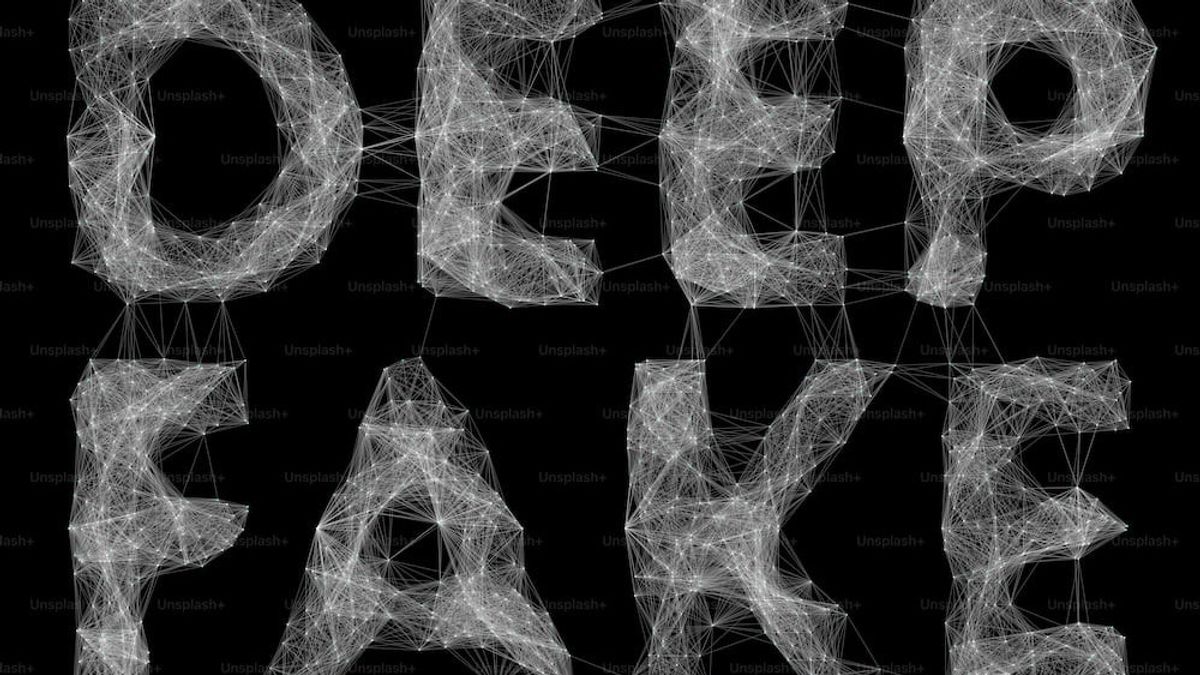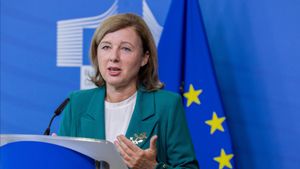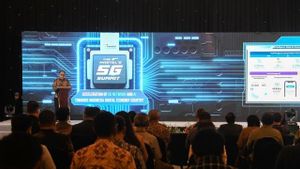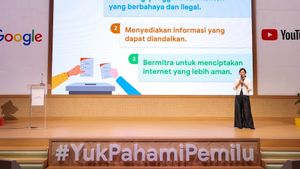JAKARTA - The rapid development of artificial intelligence/AI Generative technology has actually been in the spotlight of stakeholders throughout the country regarding the risks that will arise.
Recently the European Union warned of the need for more effort to address the risks posed by a broadly accessible generative AI tool.
Vice President Vera Jourova in a speech delivered on Tuesday, September 26, highlighted the disinformation generated by AI (deepfake) as a potential threat to upcoming elections.
Giving updates on the Voluntary Practice Code on Disinformation, Jourova welcomed the initial efforts of a number of mainstream platforms to address AI risks by starting to apply protection to notify users of the synthetic origin of content posted online.
"These efforts need to be continued and intensified given the high potential AI products that are realistic in creating and disseminating disinformation. The risk is very high, especially in the context of elections," he added, quoted on the official website of the European Union government.
VOIR éGALEMENT:
"Therefore, I urge all parties to be vigilant and provide efficient protection for this in the context of elections," said Jourova further.
The EU commissioner also noted that he will meet with the ChatGPT maker representative, OpenAI, today to discuss the matter.
Not only in Europe, in Indonesia, deepfakes are also a threat in the implementation of the upcoming elections.
"For Bawaslu this is an extraordinary threat, because this can be used to produce disinformation not only for political purposes, but to destroy authoritative institutions such as Bawaslu," said Ronald Manoach, Expert in the Prevention, Parmas and Public Relations Division of Bawaslu in the #YukPahamiGlose of Google some time ago.
The English, Chinese, Japanese, Arabic, and French versions are automatically generated by the AI. So there may still be inaccuracies in translating, please always see Indonesian as our main language. (system supported by DigitalSiber.id)

















